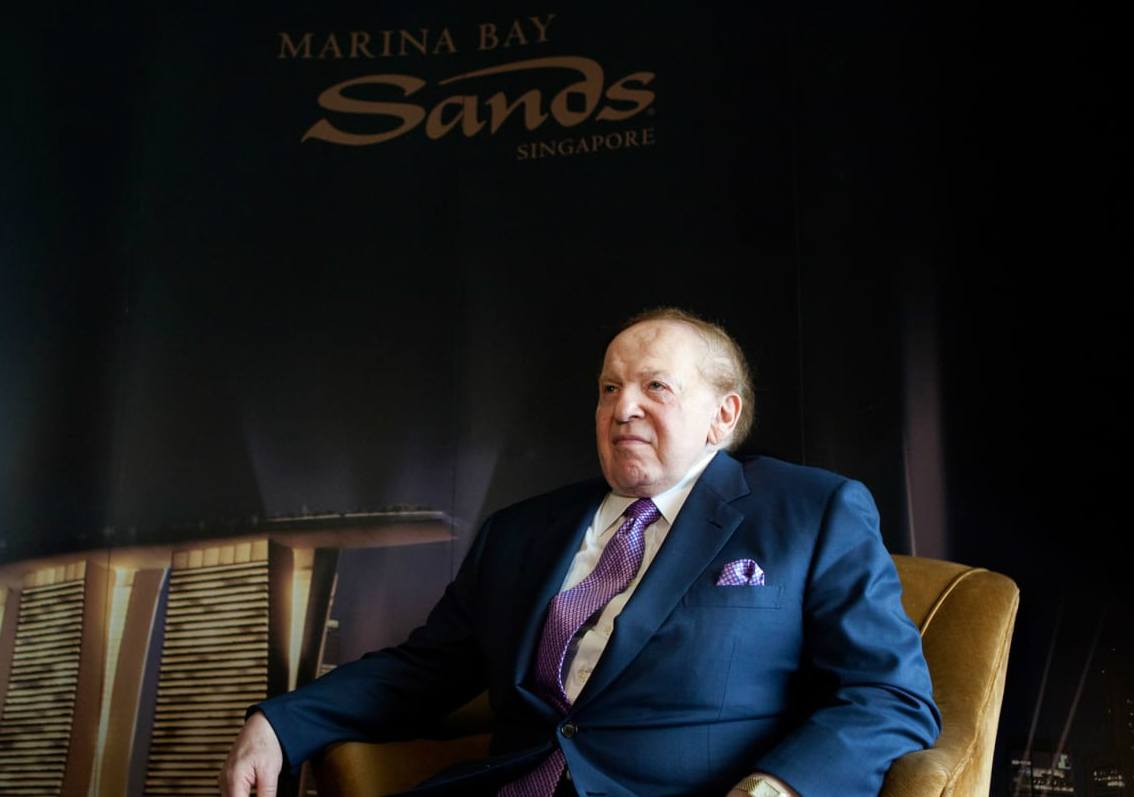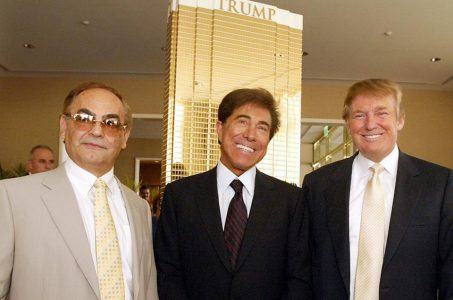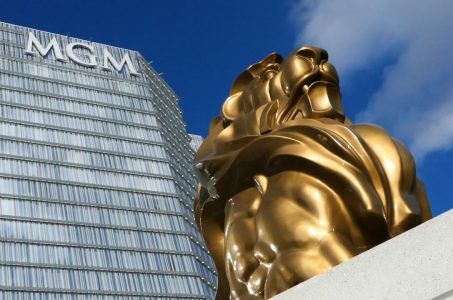Las Vegas Sands Earnings Beat Forecasts on Strong Quarter in Macau and Singapore
Posted on: July 27, 2017, 11:00h.
Last updated on: July 27, 2017, 12:18h.
Las Vegas Sands made $3.14 billion in net revenue during the third quarter of 2017, an 18.6 percent surge compared to the previous April through June period.

In a financial disclosure, the corporation pointed to the recovery in Macau, paired with a record-setting performance at its Marina Bay Sands resort in Singapore, as the leading reasons for the increase.
Marina Bay Sands, the company’s only foreign resort not located in China, posted income of $492 million, a nearly 38 percent jump on 2016. Las Vegas Sands credited a higher hold in VIP gambling and robust mass gaming play, along with non-gaming revenue, for the growth.
In Macau, Sands says the recovery is being led by mass market gambling and visitation. Non-VIP gaming, an “important segment” according to Sands, surged by almost 23 percent, and premium mass revenues grew nearly 40 percent.
The earnings equate to a bottom line dividend of $0.73 per share. Sands also repurchased $75 million of common stock during the quarter.
“I remain as confident as I’ve ever been in our company’s prospects,” billionaire majority owner Sheldon Adelson said during a call.
Good While It Lasts
Las Vegas Sands stock was up about 1.5 percent Thursday morning on news of the strong financial data. But that’s a relatively low bump on a three-month increase report of almost 19 percent.
Investors’ hesitation might be due to ongoing concerns in Macau.
Earlier this month, Suncity Group, the largest VIP junket touring company, reportedly warned its employees to take extra caution when transporting high rollers from Mainland China to the country’s special gaming enclave. President Xi Jinping is thought to be easing his anti-corruption crusade, which includes reducing the flow of money through the tax haven of Macau, but fears linger.
Macau has been forced to implement facial recognition technology at ATM machines, set limits on withdrawals, and crack down on the practice of proxy betting.
The most focus has been on stopping VIP operations. Mainlanders purchase expensive travel packages in China from companies like Suncity, and are then transported via first-class arrangements to Macau. Once arrived, they’re handed “free” gaming credit that is often identical to their travel costs. The money is now effectively moved into the city where taxation is drastically lower than on the mainland.
Whether Jinping’s administration will continue suppressing VIP operations will play a substantial role in determining Sands’ future revenue in Macau.
Las Vegas Drops
Most of Las Vegas Sands’ report was sunny news, but in the Nevada desert, the filing came with a bit of overcast.
Revenue at The Venetian and Palazzo was up 7.9 percent compared to 2016, but that mark missed Wall Street forecasts. Slot revenue was most to blame, as the machines lost 8.5 percent. Hotel occupancy rates at the two properties also fell by 2.3 percent.
“You know this quarter was disappointing in terms of the lodging component,” Sands COO Rob Goldstein told investors of its performance in Las Vegas. “The summer looks better and … business is picking up considerably.”
Related News Articles
Connecticut Airport Casino Wins Right-To-Know Case Against MGM
Wynn Land Deal Shows Deep Connections Between Wynn, Trump, and Ruffin
Most Popular
Las Vegas Overstated F1 Race’s Vegas Impact — Report
Mega Millions Reportedly Mulling Substantial Ticket Price Increase
Las Vegas Strip Stabbing Near The Strat Leaves One Man Dead
LOST VEGAS: ‘Tony The Ant’ Spilotro’s Circus Circus Gift Shop
Most Commented
-
End of the Line for Las Vegas Monorail
— April 5, 2024 — 90 Comments -
Mega Millions Reportedly Mulling Substantial Ticket Price Increase
— April 16, 2024 — 6 Comments -
Long Island Casino Opponents Love New York Licensing Delays
— March 27, 2024 — 5 Comments
















No comments yet